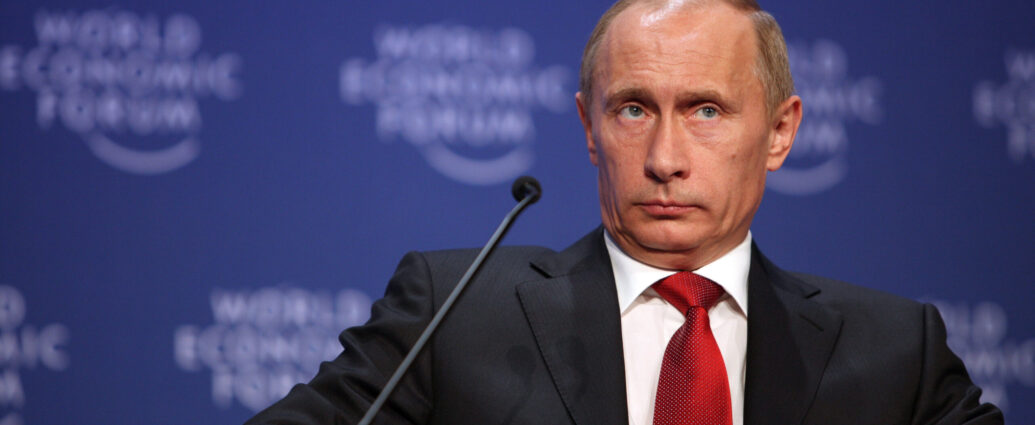Maya Dhillon
Russian President Vladimir Putin announced that the country was close to creating a cancer vaccine in a televised speech last Wednesday in Moscow.
At the Future Technologies Forum, Putin claimed that scientists’ efforts meant the treatment would soon be available to patients.
Organised with support from the Russian Ministry of Health and the Russian Ministry of Science and Higher Education, the Future Technologies Forum 2024 focussed on “progress in modern medicine, the development of new medications and innovative approaches to treating diseases.”
Russia's President Vladimir Putin announced on February 14 that Russian scientists were close to a cancer vaccine breakthrough. While no one seems to have heard of the vaccine, the country's scientists appear to be developing immunotherapy treatments.https://t.co/bHVEZar6DA
— HealthNews (@healthnews) February 27, 2024
Addressing the plenary session, Putin said: “We have come very close to the creation of so-called cancer vaccines and immunomodulatory drugs of a new generation.
“I hope that soon they will be effectively used as methods of individual therapy.”
Putin did not specify which types of cancer the new vaccines would treat.
Reactions to Putin’s Claims
The Independent described the Russian leader’s statement as a “rambling televised press conference,” dubbing his appearance “bizarre.”
While Russia is not alone in seeking to develop new cancer treatments, Putin’s decision to publicly announce a ‘cancer vaccine’ has come as a surprise.
During the COVID-19 pandemic, Russia developed the Sputnik vaccine, which Putin himself took to assure people of its safety.
Sputnik was sold across the globe, though it struggled in its Russian homeland due to the public’s reluctance to receive vaccinations.
The Potential For A Cancer Vaccine
Last year the UK government and German biotechnology company BioNTech agreed to start clinical trials for new cancer vaccines.
The deal outlined a target of reaching 10,000 cancer patients by 2030.
American pharmaceutical companies Moderna and Merck & Co are also developing cancer vaccine variations.
A mid-trial study showed that the vaccine would reduce the chance of melanoma recurrence or death by half after three years of treatment.
According to the World Cancer Research Fund International, Russia records 229.2 cancer cases per 100,000 people.
This is compared to 296.1 cases per 100,000 people in the United Kingdom.
The highest cancer rates recorded in 2022 came from Denmark, with 334.9 cases per 100,000 people.
READ NEXT:
-
Measles Outbreak Declared ‘National Incident’ in The UK
-
Is The Rise In Alternative Medicine A Danger To Our Health?
-
Breast Implant Illness: A Sickness Hidden In Plain Sight
Featured image courtesy of World Economic Forum via Flickr. No changes were made to this image. Image license found here.

